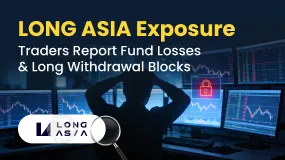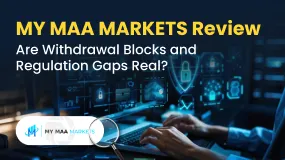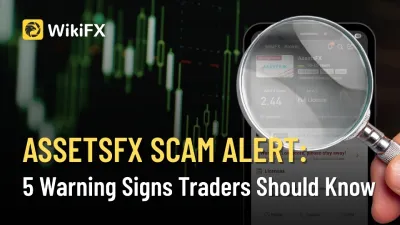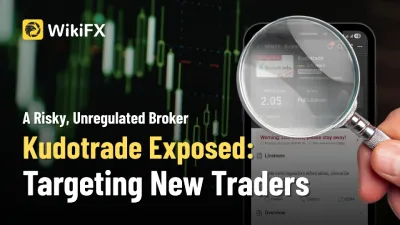Abstract:Demo accounts are offered all over the internet, and customers who visit financial websites are frequently bombarded with offers to open one. Demo account trading can be thought of as a more advanced version of paper trading.
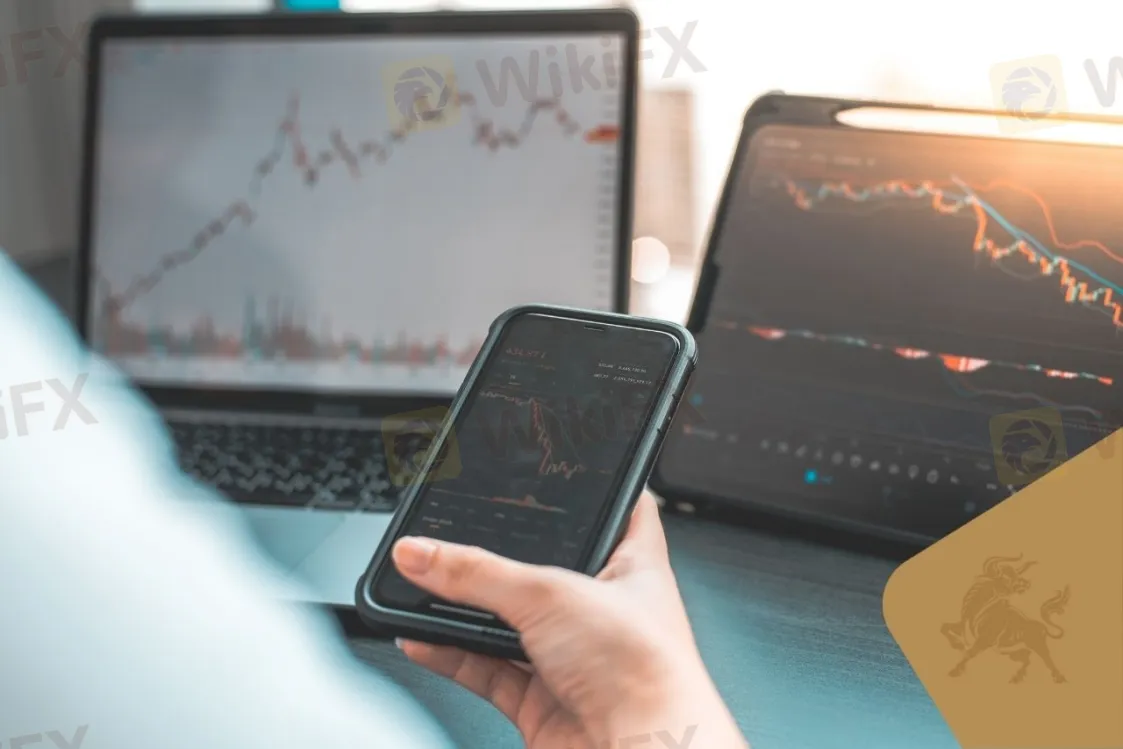
Demo accounts are advertised all over the internet, and people who surf financial sites are often exposed to many advertisements that try to entice them to open one. Demo account trading could be considered a more modern form of paper trading.
Demo accounts can provide some benefit to new traders because they allow the trader to become familiar with trading software and get a sense of how the market works.
The world of trading on the financial market, is a maelstrom of unpredictability – just as likely to bring profit, as it is to bring loss. So how would the newbie trader learn to make strides to more of the former and much less of the latter, when navigating so volatile a space like a virtual trading floor?
The Financial Market Demo
A financial market demo account simply mimics a trading scenario. So, essentially, its a way to trade in a real-world setting without risk. A way to get the gist of the market and a feel for its temperaments, its nuances, and its moods, without even having to use real funds.
Below are some reasons why a good trading boot camp using a financial market demo on QuickTrades premier platform, could stand you in good stead to make the big bucks.
Its risk-free
Get to know the market, and your natural trading style in your own time, then hone that knowledge to a knife‘s edge and use it to carve your niche as a competent trader. Remember, masters of a craft have put in the practice hours – this is your chance as a trader, and it’s for free.
Demo Accounts Often Provide More Capital
Demo software generally allows the trader to choose the amount of capital they would like to simulate trading with. The amounts vary, but they are often very large (and beyond the actual capital the trader has for trading their own account).
Get to know lot sizes
A lot is the minimum quantity of an asset that can be traded in a single order – simply, the bigger the lot, the higher the risk. So, getting used to knowing lot size is a vital feature in the tutelage that comes with a financial market demo. You‘ll learn how to determine exactly how many units you’ll be buying per lot, and the exact price per unit, so that you can set your budget, and get accustomed to sticking to it when you finally make the jump to real world trading.
Coaching
With a financial market demo, you get real-time coaching. With QuickTrade and the MetaTrader 5 platform, you‘ll get a skilled and knowledgeable broker on hand, to answer your questions as you find your trader’s feet.
A simulation thats almost real
The more realistic a trading scenario, the better. The QuickTrade and MetaTrader 5 platform will drop you into real-world trading scenarios. This allows you to assess the levels of risk that youre comfortable with and teach you how to get used to a set budget that you can comfortably trade. Because of this hyper-real simulation, your transition to actual trading will then be seamless.
How Can You Make Demo Trading More Realistic?
Demo trading does have some benefits because it gives new traders a general idea of how the market and a company's software works. So can you trade a demo account in a certain way to make it more realistic? While a demo account can never offer the same results that would be realized in live trading, there are several things you can do when testing out systems on a demo platform to make the results as lifelike as possible.
Make Realistic Assumptions
If a bid or an offer is placed, and you can see that the bid or offer was within one tick or one cent of the low or high of that move, assume that your order was not filled. The demo may show this order was filled, but in the actual market, this may not happen. Remove the profits or losses from these trades from the net profit/loss shown on the simulator—as if the trade never existed. Only assume bids or offers are filled if price trades through the bid or offer by at least a cent more. For thinly traded stocks or low-volume stocks, this buffer should be expanded even more.
Account for Slippage
On market orders, assume at least a one-cent slippage on high-volume stocks. Assume larger slippage in lower volume or more volatile stocks.
Trade With Modest Capital
If possible, trade the same amount of capital in the demo account as will be traded in the live market. If the demo does not allow this, trade only a fraction of the demo account capital. Don't access any funds from the demo capital which would be in excess of live trading funds.
Get Personal
Pretend the money is real as much as possible. Monitor emotions and how trades are affecting you psychologically while those emotions are felt. Since demo capital provides no real loss or profits, the sense of loss or profit needs to be added in by the trader. One method of doing this is to withhold something you enjoy if you fail to follow your trading plan, or give yourself a small reward when the trading plan is followed (regardless of profit or loss).
Demo trading pros and cons
A demo account gives you a perfect way to practice your trading skills without wasting real money. It sounds tempting, but there are some pitfalls to consider.
First of all, demo accounts offer a bigger amount of money than a trader will use during a real trade, because trader can choose any amount of money for practice. However, people often choose more than they will really trade with in real life. They take extra money for mistakes. But on the real (live) accounts, traders won‘t have so many money for their faults. Moreover, with such a big capital, trader doesn’t understand the real losses as they are easier recouped by a big capital than by a small one.
Secondly, demo account trading lacks real emotions. There is no fear when you have nothing to lose. Fear influences trader‘s behavior and not many traders can control their emotions. As a result, it doesn’t make much sense to practice your skills when you do not know how you will behave in situation where you will be under a lot of pressure.
When trader needs to use a demo account?
There are various situations when you should use the demo account first.
• If you have no idea how to trade on a trading platform a demo account will help to you learn its features and avoid accidental trades.
• If you want to start using a new trading strategy and want to see whether it works for you. You can use demo account to test this strategy. Afterwards, you may try the strategy in real time. Of course, such test won‘t give you a 100% guarantee that the strategy is good, but it’s better than nothing.
• If you decided to use an automated trading program, you can test it on the demo account. Trading program is a robot/expert advisor that is not affected by emotions. It does not matter whether you implement it on demo or real accounts.
• If you came to the Forex market just to check your skills and play on the exchange rates. When you do not take trading seriously you may suffer great losses. If you see it as a game, play it on the demo one.
Demo account is a good option for training and beginning of your trading career. You can test your strategies without losing any money. Just remember about the disadvantages you may face with demo trading.




